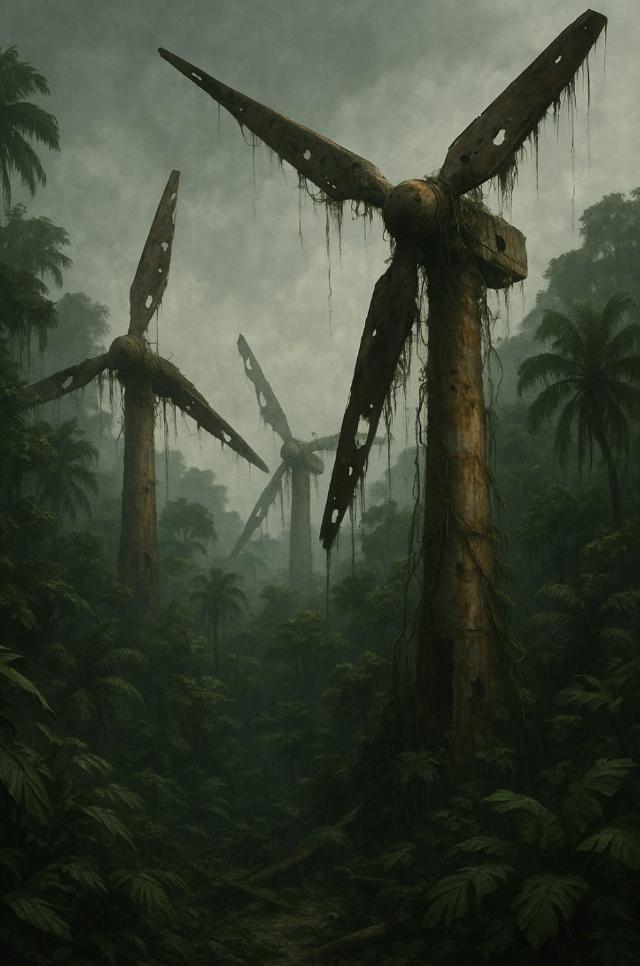


Much has been written about Africa’s energy future, primarily focusing on its need for affordable and reliable electricity to fuel economic growth. Green New Dealers think that renewables and Africa are a match made in heaven. I beg to differ. While renewables have brought a degree of deindustrialization and impoverishment to Europe in their wake, they will bring far greater devastation to sub-Saharan Africa. The subcontinent is already poorly managed, and its electric generation capacity is not well maintained. Renewables would just add to the plight.
Poor governance is a huge problem for Africa, and it’s one that mainstream media is unwilling to address in any honest fashion. Take the Congo as an example. When Belgium granted independence to its colony in the Congo in 1960, it left behind a region rich in mineral wealth with the potential to provide a prosperous future for its inhabitants. It was well governed with functioning rails and ports, a thriving mining industry, and orderly cities.
During the colonial period, Belgium started to develop hydropower throughout the Congo Basin. To power copper mining operations in Katanga, Belgian contractors dammed the Lufira River at Cornet Falls and built power stations to supply mining towns. In the late-colonial period, they drew up plans for hydroelectric power plants at Livingstone Falls on the Congo River. Plans for electrification of the Congo Basin were well underway by the time of independence.
Building the Grand Inga Dam at the site of the Inga Falls on the Congo river was the dream of colonial planners. The proposed 70 GW hydroelectric dam would have been the largest power station in the world. Currently, the largest hydroelectric project in the world is the Three Gorges Dam in China with a capacity of 22 GW. The total construction bill for Grand Inga has been estimated to be $80 billion, but it could provide abundant power to all sub-Saharan Africa. It has been in the planning stage for well over 50 years, but it may never get built. The World Bank has cancelled its support for the project. The problem is the low trust society which exists within Africa. It manifests itself in the form of poor societal cohesion, corruption, and disorder. It impedes development at every turn.
I find it difficult to believe that the Belgian colonial authorities would not have built the Grand Inga Dam decades ago if they had remained in the Congo. It would be providing hydroelectric power to industrial customers and households as far removed as Nigeria and South Africa. The lesson that should have been learned from the colonial experiment in Africa is that it ended too soon and left its inhabitants woefully unprepared for modernity. However, it is taboo to state the obvious truth about colonialism and imperialism in print and if one does, he risks being branded as a racist. Africa definitely needs additional thermal power plant capacity to fuel future growth, and it would be nice if the Grand Inga Dam got built, but don’t fool oneself into thinking it will provide the magic bullet for Africa.

Image generated by ChatGPT.
